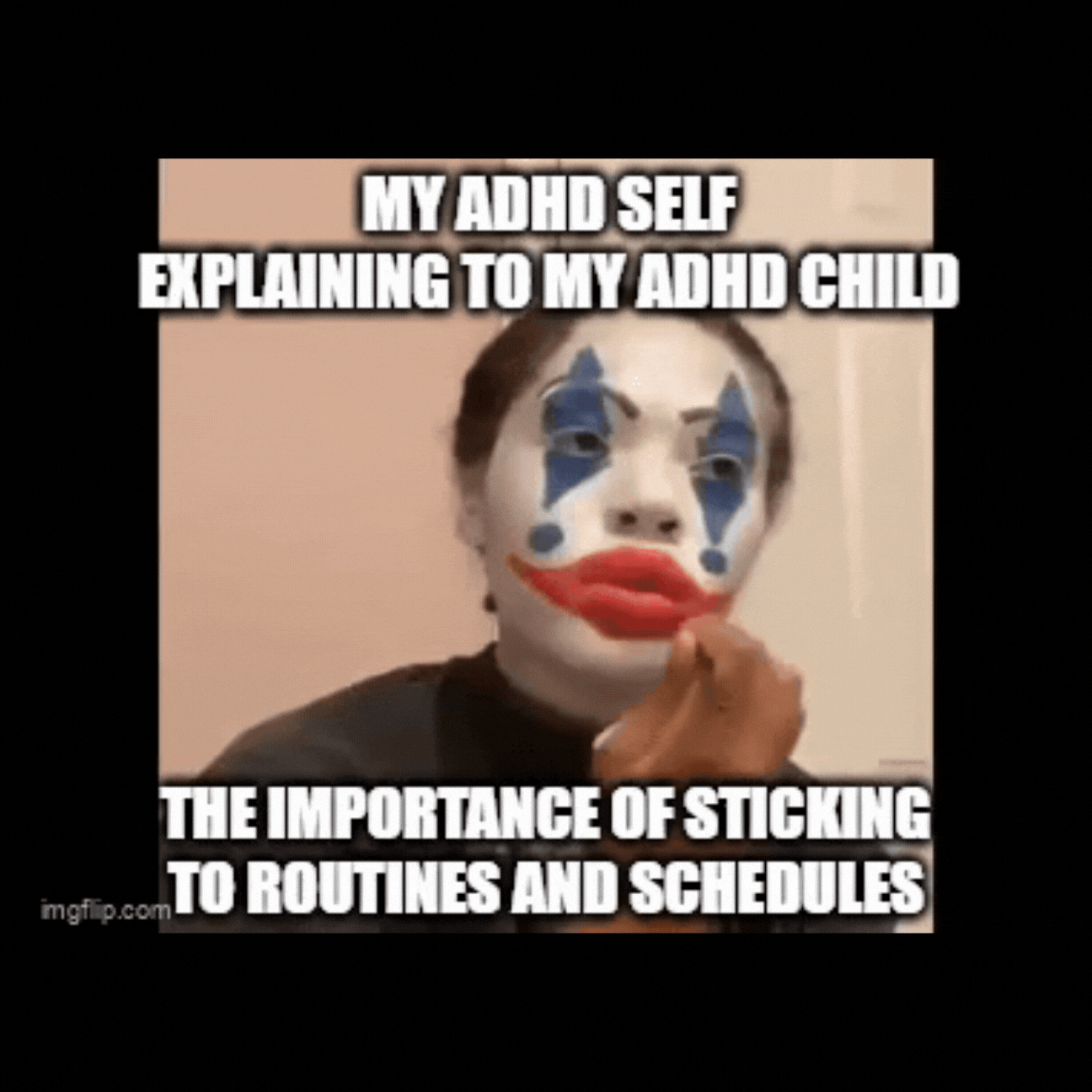The Mirror of Motherhood
This part of my story likely feels familiar to so many late-diagnosed women with school-aged kids. Watching our children navigate behaviors that pointed to ADHD often brought back vivid memories of our own struggles in school. Like my son, I had been labeled “very bright” but found it difficult to thrive in a traditional classroom. I could see myself in his silly, impulsive actions, his chatterbox tendencies, his intense focus on certain subjects, and his complete disengagement with anything boring.
At first, I dismissed it as normal kid behavior. After all, wasn’t I like that as a child too? But as his diagnosis became clearer, a little voice inside me asked: What if this isn’t just about him?
When I first suspected my son was neurodivergent, I dove into research. Many of the signs and symptoms I read about felt familiar—his struggles mirrored my own. Yet, I chalked it up to “typical kid behavior.” Besides, I’d done okay, hadn’t I? I’d managed to earn decent grades in college, especially in the subjects I loved. I’d even thrived in the corporate world—collaborating well with colleagues, meeting deadlines, and steadily climbing the ladder.
But the cracks in what I thought was a carefully managed system became clearer when I left the workforce to become a stay-at-home mom. Initially, the plan was to return to work, hire a nanny, or try daycare. But once I met my baby and settled into our routine, that went out the window. I loved working directly with my new boss and decided to embrace this role full-time. Fortunately, we were in a position that allowed me to make that choice.
- If you’re a parent, have you ever seen your own behaviors or tendencies reflected in your child? How did it make you feel?
- What was your initial reaction when you learned your child might be neurodivergent?



Leave a Reply